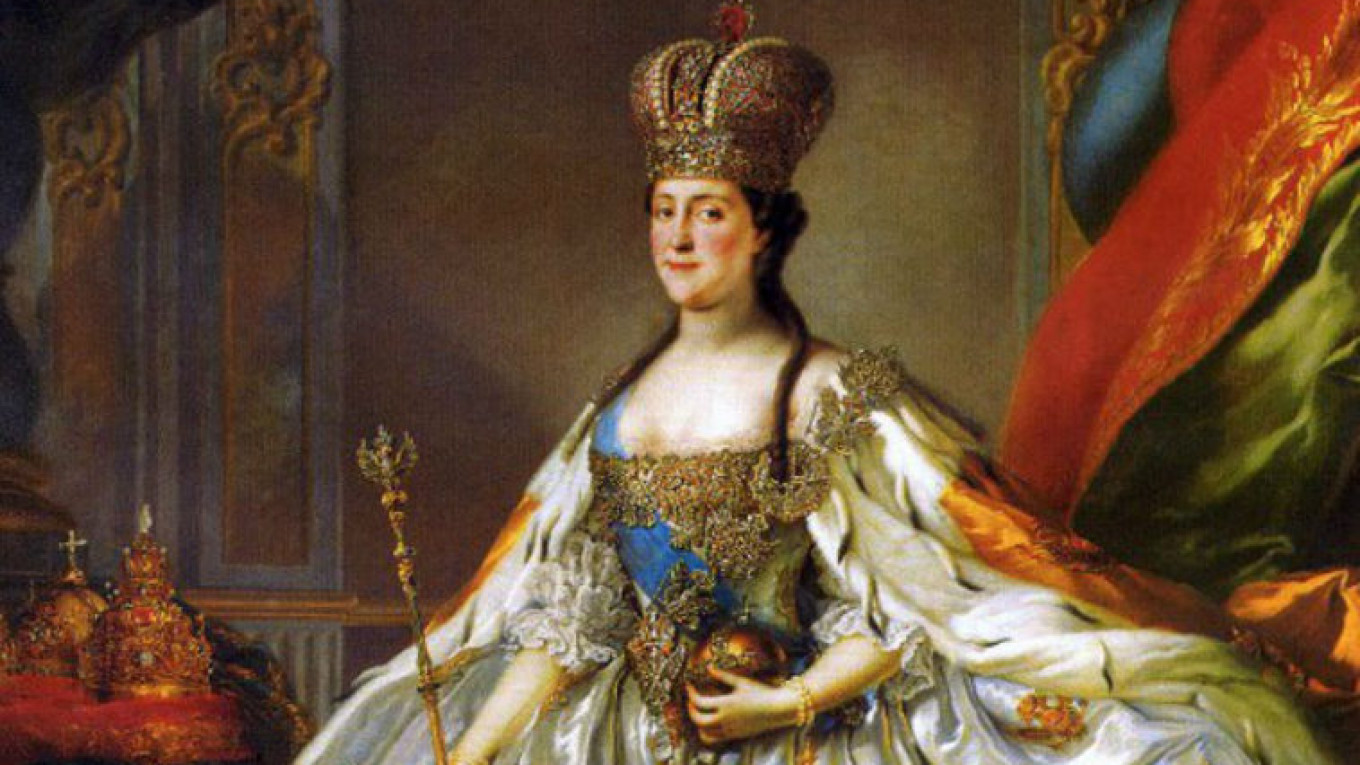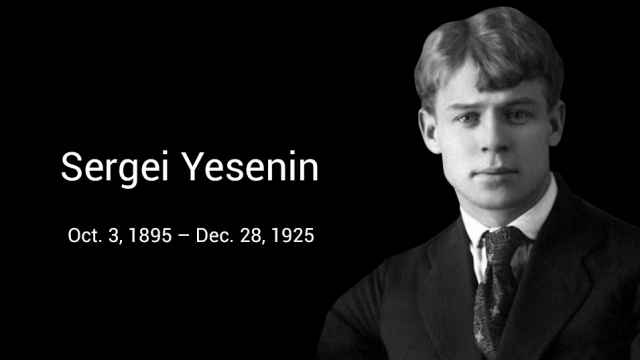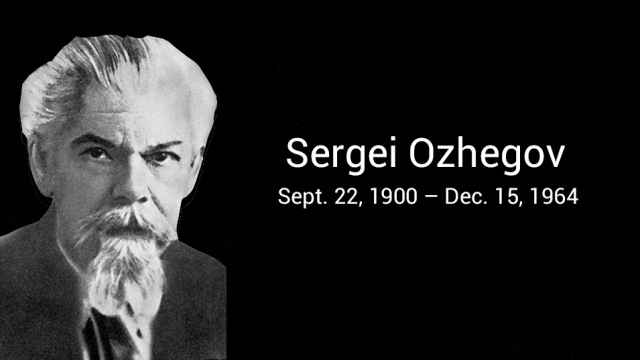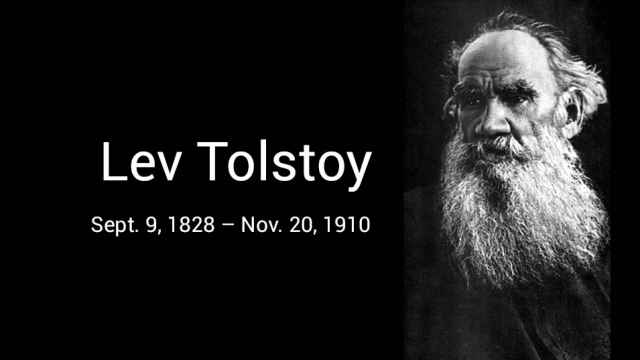On May 2, 1729, the woman who would become Catherine the Great was born as Princess Sophie of Anhalt-Zerbst in Stettin, Prussia (now known as Szczecin, Poland) to a German family. After a largely uneventful childhood, at the age of 16 she married Karl Ulrich.
Karl Ulrich was the only son of Charles Frederick, Duke of Holstein-Gottorp, and Anna Petrovna, Grand Duchess and oldest daughter of Peter the Great. The young man was brought from Germany to Russia by his aunt, the Empress Elizabeth, who named him Peter III and her heir. Elizabeth also arranged for Peter to marry Catherine, and they began their notoriously unhappy marriage in 1745.
While Peter was unpopular (he spoke no Russian, which didn’t endear himself to the people he was to rule), he introduced several policies that were seen as progressive at the time, including some religious freedom and modernization of the army. He was, however, quickly overshadowed by his wife Catherine.
Shortly after Peter III gained control of the throne, he was overthrown in a coup d’etat which Catherine organized. Catherine came into power as empress in 1762 and ruled until 1796.
Catherine became “the Great” for her expansion of the Russian Empire in size and strength, making the country one of Europe’s great powers. She was also known for her love of the arts and literature; the Hermitage in St. Petersburg was originally her personal collection. Among her most famous companions was Voltaire, who called her "The Star of the North." The two never met in person but they kept regular correspondence until his death.
Catherine remains Russia’s longest-ruling female leader and is seen as a one of Russia’s most powerful rulers.
A Message from The Moscow Times:
Dear readers,
We are facing unprecedented challenges. Russia's Prosecutor General's Office has designated The Moscow Times as an "undesirable" organization, criminalizing our work and putting our staff at risk of prosecution. This follows our earlier unjust labeling as a "foreign agent."
These actions are direct attempts to silence independent journalism in Russia. The authorities claim our work "discredits the decisions of the Russian leadership." We see things differently: we strive to provide accurate, unbiased reporting on Russia.
We, the journalists of The Moscow Times, refuse to be silenced. But to continue our work, we need your help.
Your support, no matter how small, makes a world of difference. If you can, please support us monthly starting from just $2. It's quick to set up, and every contribution makes a significant impact.
By supporting The Moscow Times, you're defending open, independent journalism in the face of repression. Thank you for standing with us.
Remind me later.






